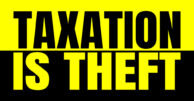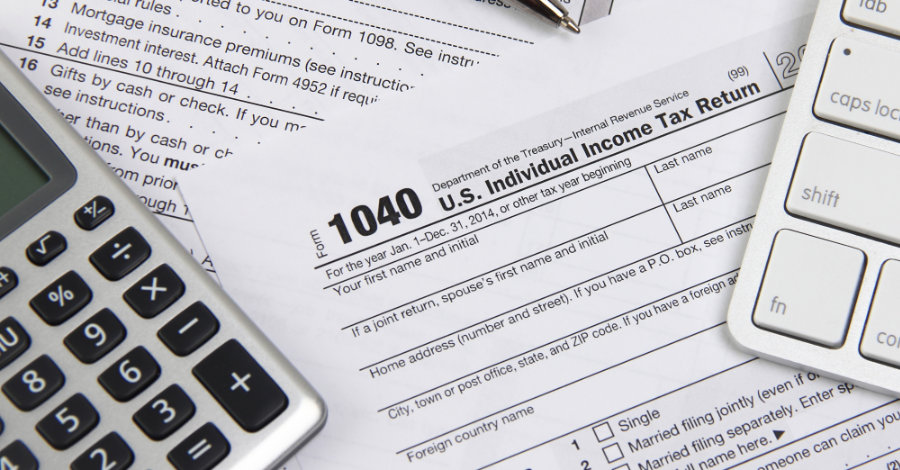This isn’t something you’re going to learn in 10 minutes, but it absolutely is possible and this page should give you a super brief overview. It’s not legal advice and there is a lot more to know, but this should give you an idea of what you’re getting into.
Who has to pay the tax?
The first thing you need to understand is who need to pay the tax. It’s probably not you. Again, this is a complicated subject that will take you a while to get, but here’s the super, super, super short version of this.
Taxes on w2 wages apply to wages earned by employees. You can see the definition of an employee here. Taxable wages are wages given to people who work for the government. I know this one is a little confusing because it uses the word “includes” and people like to think they haven’t been scammed all these years and that it must mean it includes every other job as well. It doesn’t, but the proof of that is too much to fit here.
Self employment tax is defined here and very clearly applies to money made in a “trade or business”. But a trade or business is clearly defined here as “the performance of the functions of a public office”. Again, the word “includes” may throw you off and that in itself is a complicated subject, but it does not mean in addition to what you might generally think of as a trade or business.
What if you don’t file?
Many people think you will go to jail if you don’t file. That’s not really true. Unless you have a corporation, it’s not a crime not to file. In fact, the IRS probably prefers it. If you don’t file, they’ll file for you. They’ll fill out a 1040 on your behalf using all the information that has been reported via W2s and 1099s. They’ll come up with an amount, giving you only the standard deduction, and send you a bill or a “notice of deficiency”. Then they’ll start demanding payment. Now at this point, if you don’t pay, they can get aggressive. The good news is it should never get to this.
If W2s and 1099s have been sent to the IRS, you can dispute them, if you have learned the tax code and agree that the money you received was not actually taxable under the code. If you dispute this information, it’s removed from your “transcript”, and the IRS doesn’t have anything to use as a basis to claim that you owe them anything. You’ll also sleep comfortably knowing that the IRS agreed with you when they removed these items from your transcript.
Some people will recommend that you do this while filing a 1040 or even a 1040NR (another complicated subject), but others will insist you should dispute the W2s and 1099s and then never file.
So what’s next?
The first thing you want to do is educate yourself. There are several great resources to start with.
- Get my Book Taxation Is Theft: How Politicians Rob You Blind
- Get my free PDF
- Cracking the Code by Pete Hendrickson, available on his website LostHorizons.com
- Visit my Q&A section to ask all your questions.

